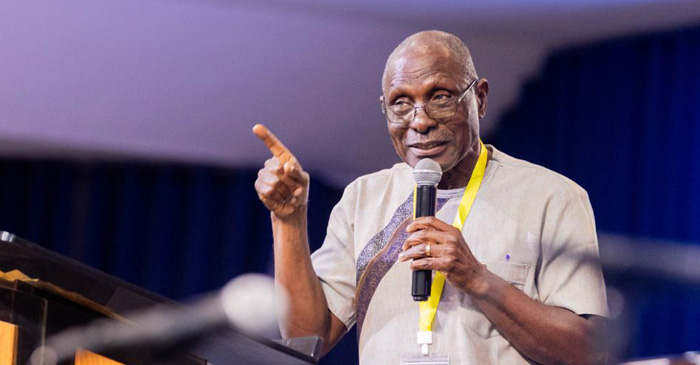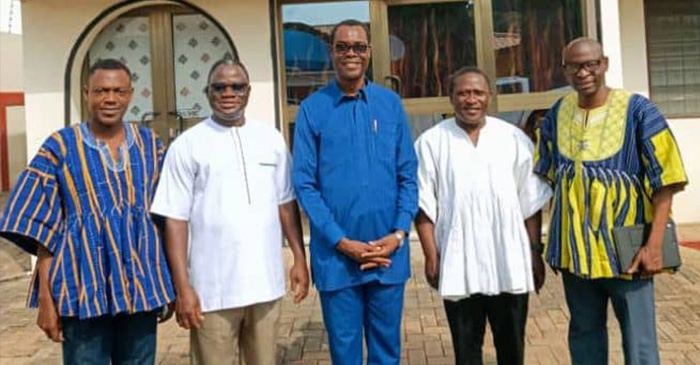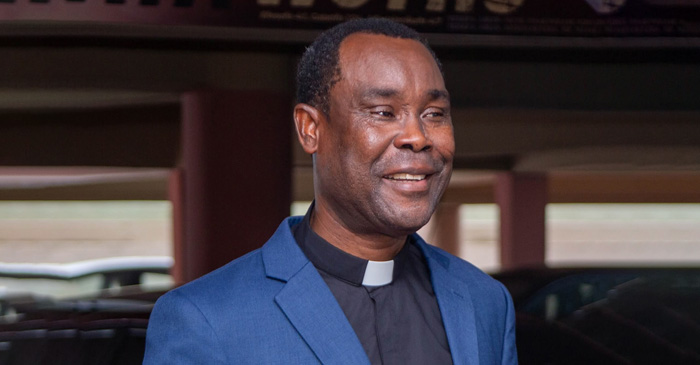
A private legal practitioner, Kwaku Agyei Gyamfi Esq. has called on ministers of the Gospel to safeguard their families and estates by doing a while alive.
Giving a thought-provoking presentation on the topic, “Willing Process and Procedure and Intestate Succession Law” at a seminar organised for ministers of The Church of Pentecost who are expected to retire by 2035 at the Pentecost Convention Centre, Gomoa Fetteh on Wednesday, October 15, 2025, Lawyer Agyei Gyamfi, who is a legal counsel of The Church of Pentecost, asked: “Will you leave your assets to someone or leave them to chance?”
Drawing inspiration from Ecclesiastes 2:18–19, Galatians 3:16, and 1 Timothy 5:8, he stated: “Do you want certainty or uncertainty after your death? After you are called to glory, will the events that follow be glorious?”
Explaining the Intestacy Law, Elder Agyei Gyamfi noted that the world recognises a will as “a respectable document because it expresses the final intentions of a person, and the law respects it.” He cautioned that failure to make a will leaves one’s estate at the mercy of the law, which “decides who gets what, when, and how.” He further explained that without a will, letters of administration determine the order of inheritance, which may prove difficult for a surviving spouse to pursue due to complex legal procedures.
“When a customary successor steps into your estate, there is trouble,” he warned. “Make a will and decide who looks after your affairs.”
Citing the Intestate Succession Law, 1985 (PNDCL 111), he highlighted that under this law, a spouse and children automatically receive part of the deceased’s estate, with the remainder distributed as residue according to legal percentages.
“Until PNDC Law 111 came, customarily, a man could not inherit his wife, but under the law, a man can inherit a woman’s property. It is not good to die intestate – please make a will,” he advised.
Elder Agyei Gyamfi emphasised that a will only takes effect after death – humorously putting it, “The will only becomes perpendicular when you become horizontal.” He encouraged participants to revise their wills periodically, noting that the process often reveals “the true character of beneficiaries.”
He also explained the role of executors and trustees in managing and distributing estates. “An executor is someone you personally appoint to handle your property and distribute it as stated in your will. Be careful who you choose as executor,” he cautioned. A trustee, he added, “is a person or institution legally appointed to hold and manage assets on behalf of beneficiaries according to the terms of a will or trust.”
Concluding his presentation, Elder Agyei Gyamfi Esq. reminded participants that even with a will, “the Constitution guarantees that a spouse shall not be deprived of a portion of the estate.”
PENT NEWS













